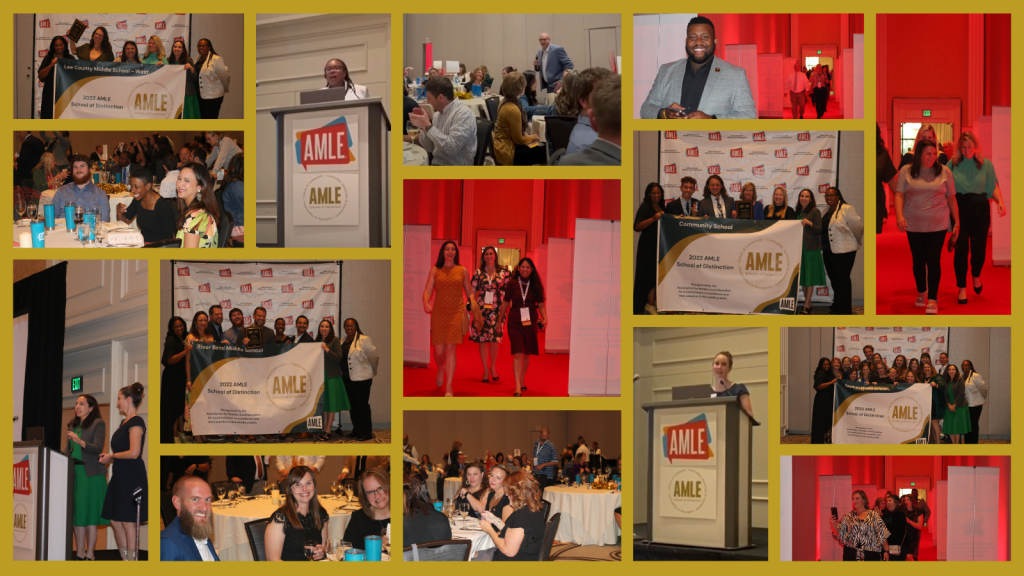The purpose of this study was to determine whether Science, Technology, and Society (STS) learning increases student concept mastery, general science achievement, use of concepts in new situations, and attitudes toward science in middle school classrooms. The study involved two teachers and fifty-two students in grades 6 through 8. Two sections of middle school science
This longitudinal study followed students (n =265) from kindergarten through seventh grade and examined early social and academic predictors of school performance at two normative school transitions. Questions addressed include: (a) are there changes in students’ school performance over time, especially at school transition points; (b) are changes in school performance dependent on sociodemographic factors;
Read More… from Early Predictors of School Performance Declines at School Transition Points
0
On a normal school day, you could walk into any middle school classroom in the world and find a group of young people with a wide range of experiences and identities, all in a unique moment of their development as human beings. The intellectual diversity of students is one of the most fun and rewarding
0
This study focused on parents’ relationships and involvement in their children’s lives and the effects on the students’ school engagement and school performance. The study used the Wave I data from the National Longitudinal Study of Adolescent Health (Add Health). The data on seventh and eighth grade students’ school and family experiences were analyzed using
0
In this qualitative study, the authors merge two bodies of previously separated scholarship: (1) a socio-cultural understanding of adolescent girls in light of the shifting meaning of ideal girlhood, and (2) the participation and success of adolescent girls in school-based literacy activities. They apply these fields of inquiry to explore the following questions: (1) What
Read More… from Reading Girls: Living Literate and Powerful Lives
0
The issue of lower than expected mathematics achievement is a concern to education leaders and policymakers at all levels of the U.S. PK–12 education system. The purpose of this quantitative, quasi-experimental study was to determine if there was a measurable difference in achievement on the mathematics section of the state test for students (n = 121)
0
Trending Topics

Read More... from AMLE Celebrates Inaugural Schools of Distinction
0

Read More... from Reimagining School – What should it look like and who is it for?
7

11
0